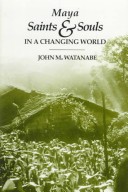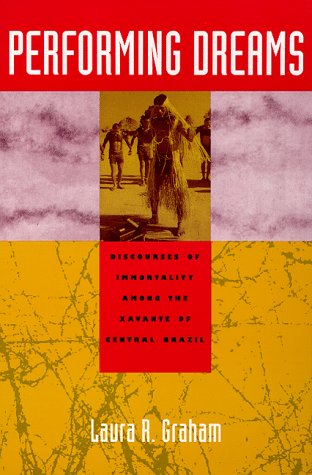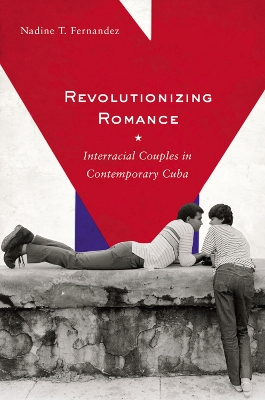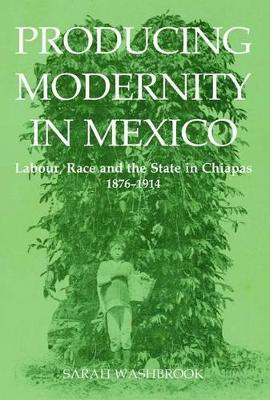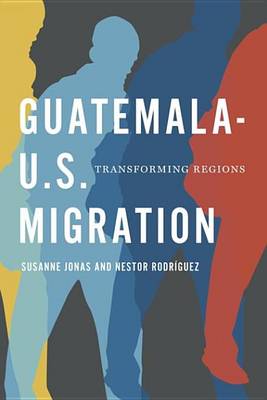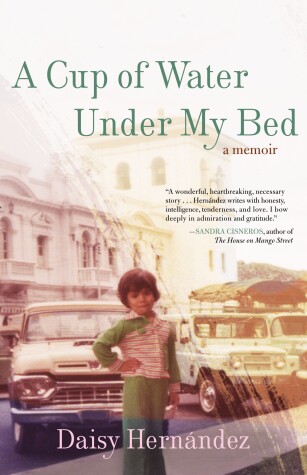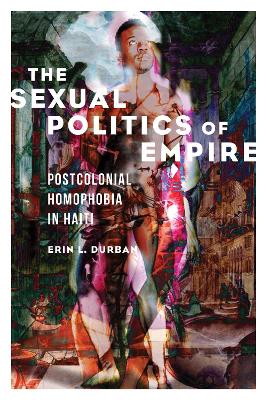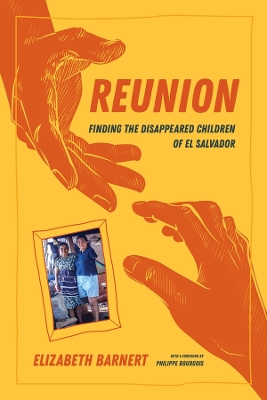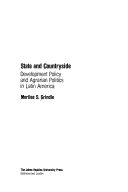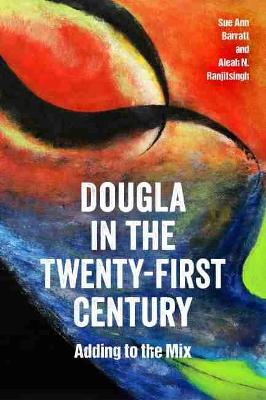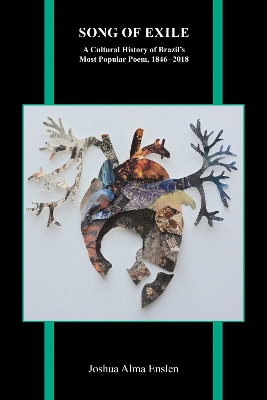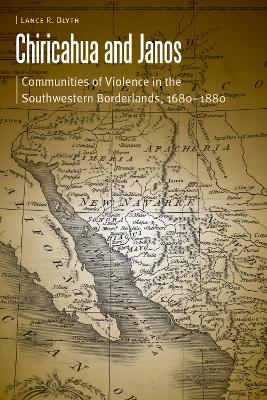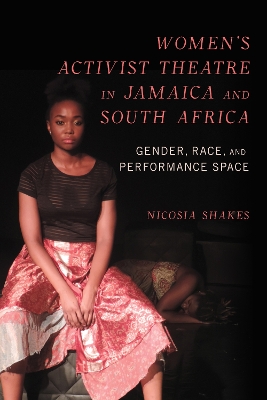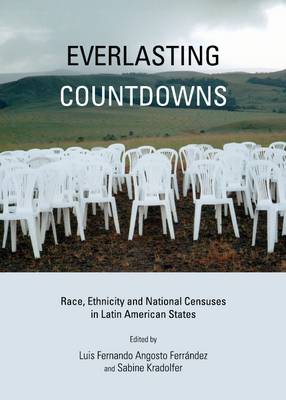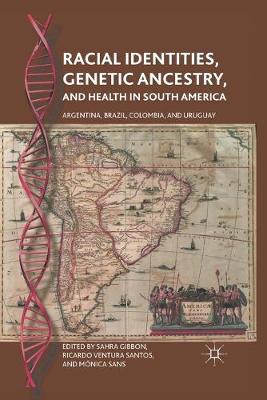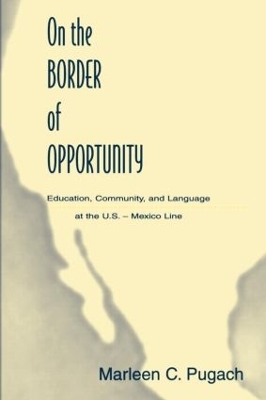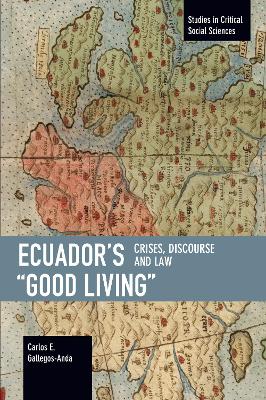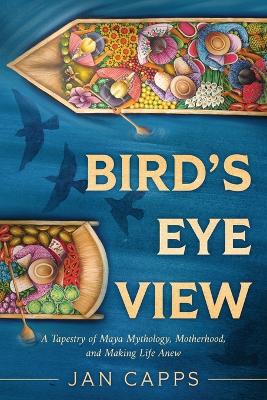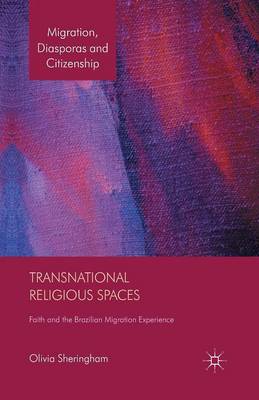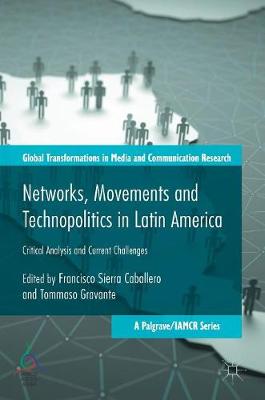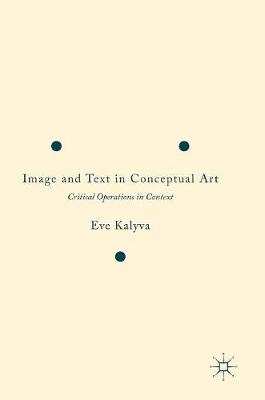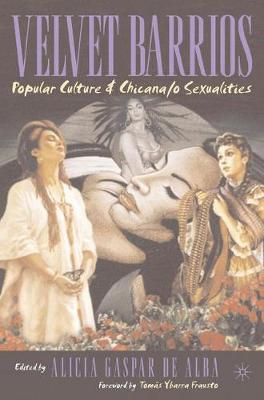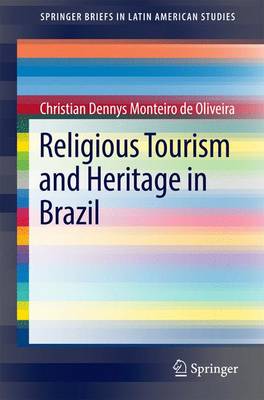." . . Maya Saints and Souls is the most evocative, readable, personal and captivating [study] currently in print on Mesoamerica." --John P. Hawkins, Professor of Anthropology, Brigham Young University The Maya of Santiago Chimaltenango have experienced increasingly rapid, even violent, integration into Guatemalan society in the last fifty years, yet they still distinguish themselves ethnically from Spanish-speaking Guatemalans and other Maya. Why this sense of ethnic identity persists--and also...
Over several centuries, the Xavante of Central Brazil have maintained an invincible sense of identity and feeling of control over historical processes, despite repeated invasions by colonists and settlers, capitalist commercial ventures, and most recently, an enormous government-sponsored agricultural project. In this discourse-centered study, Laura Graham explores how the Xavante use the ritual performance of myths and dreams to maintain their culture despite these disruptive forces. At the hea...
Revolutionizing Romance
Scholars have long heralded mestizaje, or race mixing, as the essence of the Cuban nation. ""Revolutionizing Romance"" is an account of the continuing significance of race in Cuba as it is experienced in interracial relationships. This ethnography tracks young couples as they move in a world fraught with shifting connections of class, race, and culture that are reflected in space, racialized language, and media representations of blackness, whiteness, and mixedness. As one of the few scholars to...
Producing Modernity in Mexico (British Academy Postdoctoral Fellowship Monographs)
by Sarah Washbrook
Race, ethnicity and gender played an important role in the complex relationship between export agriculture, labour and state power in Chiapas during the regime of Porfirio Díaz (1876-1914). This case study of tropical plantation development and a major regional study of modern Mexico analyses the politics of state-building and the history of land tenure and rural labour in the state of Chiapas in the period leading up to the outbreak of Revolution in 1910. The book also contributes to the growin...
Guatemala-U.S. Migration: Transforming Regions is a pioneering, comprehensive, and multifaceted study of Guatemalan migration to the United States from the late 1970s to the present. It analyzes this migration in a regional context including Guatemala, Mexico, and the United States. This book illuminates the perilous passage through Mexico for Guatemalan migrants, as well as their settlement in various U.S. venues. Moreover, it builds on existing theoretical frameworks and breaks new ground by a...
The PEN Literary Award–winning author “writes with honesty, intelligence, tenderness, and love” about her Colombian-Cuban heritage and queer identity in this poignant coming-of-age memoir (Sandra Cisneros, author of The House on Mango Street). In this lyrical, coming-of-age memoir, Daisy Hernández chronicles what the women in her Cuban-Colombian family taught her about love, money, and race. Her mother warns her about envidia and men who seduce you with pastries, while one tía bemoans that her...
The Sexual Politics of Empire (Nwsa / Uip First Book Prize)
by Erin L Durban and Erin Durban
Evangelical Christians and members of the global LGBTQI human rights movement have vied for influence in Haiti since the 2010 earthquake. Each side accuses the other of serving foreign interests. Yet each proposes future foreign interventions on behalf of their respective causes despite the country’s traumatic past with European colonialism and American imperialism. As Erin L. Durban shows, two discourses dominate discussions of intervention. One maintains imperialist notions of a backward Haiti...
This captivating ethnography reveals the immediate and persisting impact of forced family separations and the eventual reunifications in communities affected by El Salvador's civil war. In 2005, medical student Elizabeth Barnert traveled to El Salvador to build a DNA bank for reuniting families forcibly separated during the Salvadoran civil war. Based on fifteen years of interviews and field notes, Reunion chronicles families' experiences with military attacks, child disappearances, and fami...
State and Countryside (The Johns Hopkins Studies in Development)
by Merilee Serrill Grindle
Dougla in the Twenty-First Century (Caribbean Studies)
by Sue Ann Barratt and Aleah N. Ranjitsingh
Identity is often fraught for multiracial Douglas, people of both South Asian and African descent in the Caribbean. In this groundbreaking volume, Sue Ann Barratt and Aleah N. Ranjitsingh explore the particular meanings of a Dougla identity and examine Dougla maneuverability both at home and in the diaspora. The authors scrutinize the perception of Douglaness over time, contemporary Douglas negotiations of social demands, their expansion of ethnicity as an intersectional identity, and the exp...
Song of Exile (Purdue Studies in Romance Literatures) ()
by Joshua Alma Enslen
VOICES OF LATINO CULTURE: READINGS FROM SPAIN, LATIN AMERICA, AND THE UNITED STATES
by Daniel S. Whitaker
Chiricahua and Janos (Borderlands and Transcultural Studies)
by Lance R. Blyth
Borderlands violence, so explosive in our own time, has deep roots in history. Lance R. Blyth’s study of Chiricahua Apaches and the presidio of Janos in the U.S.-Mexican borderlands reveals how no single entity had a monopoly on coercion, and how violence became the primary means by which relations were established, maintained, or altered both within and between communities. For more than two centuries, violence was at the center of the relationships by which Janos and Chiricahua formed their...
Women's Activist Theatre in Jamaica and South Africa (NWSA / UIP First Book Prize)
by Nicosia M. Shakes
Theater is an essential theoretical and practical site for forging Black radical thought, Africana feminisms, and womanism. Nicosia M. Shakes draws on ethnographic research in Jamaica and South Africa to analyze the vital relationship between activism and theater production. Concentrating on four performance events, Shakes situates the work of theater groups and projects within a trajectory of women-led social justice movements established in Jamaica, South Africa, and globally from the early 20...
Everlasting Countdowns
Politics, not demographics, is at the core of this book on censuses. The contributors to this volume once and for all remove the fig-leaves from census-making by historicising and contextualising a type of statistical practice that has become essential for the functioning (and understanding) of the contemporary state.The book includes superb cross-disciplinary studies on ethnic and racial census categorisation in Argentina, Bolivia, Brazil, Colombia, Guatemala, Panama, Peru and Venezuela (as wel...
Racial Identities, Genetic Ancestry, and Health in South America
The edited collection brings together social and biological anthropology scholars, biologists, and geneticists to examine the interface between Genetic Admixture, Identity and Health, directly contributing to an emerging field of 'bio-cultural anthropology.
On the Border of Opportunity (Sociocultural, Political, and Historical Studies in Education)
by Marleen C Pugach
In 1993, the author set out to try and gain some understanding about school and community in Havens, New Mexico--a place where she had the opportunity to be immersed in border culture, where she could learn how the border figured into everyday life, and where she could pay uninterrupted attention to the issues as they occurred in the personal and professional lives of those who taught in and administered the schools--and in the lives of the students who studied there. This book offers an interpr...
In Ecuador's "Good Living" : Crises, Discourse, and Law scholar and Ecuadoran official Carlos E. Gallegos Anda presents a critical appraisal of the concept of Buen Vivir-or sumak kawsay by its indigenous name. Buen Vivir was enshrined in Ecuador's 2008 Constitution and purports to map out a community-centric and ecologically sound path for development. Due to its apparent legal novelty, this normative formula received much praise from multiple civil society and academic circles by forging what s...
Transnational Religious Spaces (Migration, Diasporas and Citizenship)
by O. Sheringham
This book explores the role of religion in the lives of Brazilian migrants in London and on their return 'back home'. Working with the notion of religion as lived experience, it moves beyond rigid denominational boundaries and examines how and where religion is practiced in migrants' everyday lives.
This edited collection presents original and compelling research about contemporary experiences of Latin American movements and politics in several countries. The book proposes a theoretical framework that conceptualises different mediation processes that emerge between cyberdemocracy and the emancipation practices of new social movements. Additionally, this volume presents some Latin American practices and experiences that are autonomously and by using self-management–creating other identities...
This book examines the use of image and text juxtapositions in conceptual art as a strategy for challenging several ideological and institutional demands placed on art. While conceptual art is generally identified by its use of language, this book makes clear exactly how language was used. In particular, it asks: How has the presence of language in a visual art context changed the ways art is talked about, theorised and produced? Image and Text in Conceptual Art demonstrates how artworks communi...
Velvet Barrios (New Directions in Latino American Cultures)
In Chicana/o popular culture, nothing signifies the working class, highly-layered, textured, and metaphoric sensibility known as "rasquache aesthetic" more than black velvet art. The essays in this volume examine that aesthetic by looking at icons, heroes, cultural myths, popular rituals, and border issues as they are expressed in a variety of ways. The contributors dialectically engage methods of popular cultural studies with discourses of gender, sexuality, identity politics, representation, a...
Religious Tourism and Heritage in Brazil (SpringerBriefs in Latin American Studies)
by Christian Dennys Monteiro de Oliveira
The book reflects on the current dimensions of tourism and patrimony in Brazil. It presents cultural realities as resources for the resolution of tensions between different communities and the establishment of their identities. The book also presents memories and forgotten traditions that are important in the representation of places and cultures. It questions religious systems and their dynamic interface with the occupation of cultural spaces and the interpretation of touristic practices in Bra...
